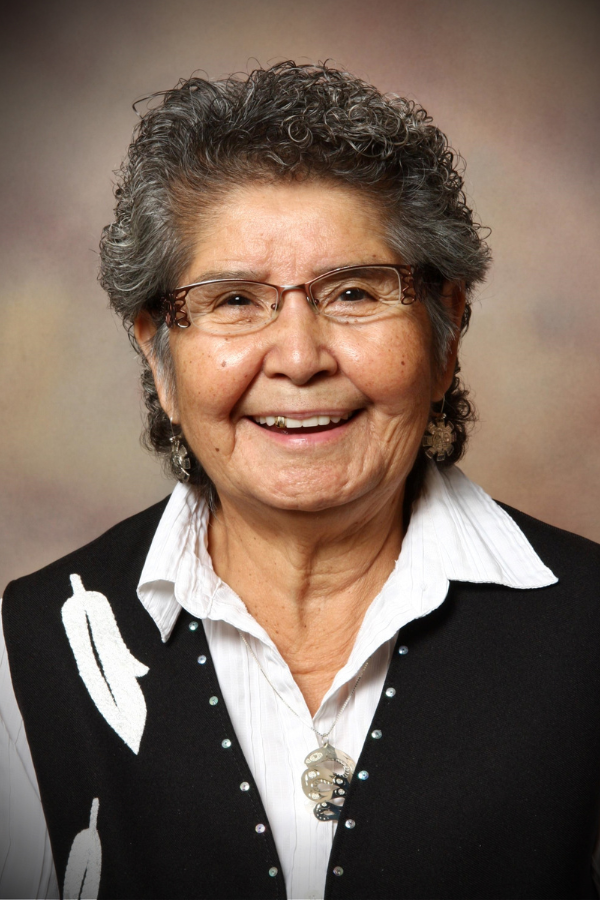
Elder Doreen Peter has always been a helper.
“Even as a child in residential school, I was always trying to help somebody,” says the busy retiree.
In the last eight years of her more than three decades as a community health worker with Cowichan Tribes on Vancouver Island, she found herself being called to the hospital too often to serve as a cultural adviser to young couples whose babies had been born preterm — birth at 37 weeks or less — and died.
“I would sit with them, I would pray with them, I would be there for them, and I would pull in resources if there was a need for that, and I was a cultural adviser on the process of burials,” she says. “It was devastating to see the young parents go through something so horrible in their young lives.”
The problem truly hit home for Elder Peter when a relative lost preterm babies in 2012, 2019, and twins in 2020.
“To this day, my family member has never really recovered from those losses,” Elder Peter says. “It just breaks my heart to see her on the anniversary of the days her babies were born and how devastated she is all over again. It brought the issue even closer to my heart when working around other parents who suffer preterm losses.”
The most important Cowichan teaching in traditional Hul’q’umi’num’ is mukw’ tu shhw’a’luqw’a’ ’o’ tth’ele’s tu shhwuli, or family is the heart of life.
The problem of preterm births
Indigenous communities, including Cowichan Tribes, thrived in good health for thousands of years. The arrival of Europeans and impacts of colonization — such as Indian Residential Schools, Indian Hospitals and land loss — significantly disrupted the health and wellness of Indigenous communities. These impacts of colonization have contributed to differences in health outcomes between Indigenous and non-Indigenous people.
Staff at the Cowichan Tribes Ts’ewulhtun Health Centre had also noticed the high rates of preterm births, so they manually dug through their records. They discovered the rate of preterm births in their communities was three times higher than the rate for other Indigenous people in Canada.
Most premature babies do well, but some — especially those born very early — may experience medical complications such as cerebral palsy, developmental delay, learning disability, physical disability, lung or gastrointestinal problems, vision or hearing loss.
Community leads research to find answers
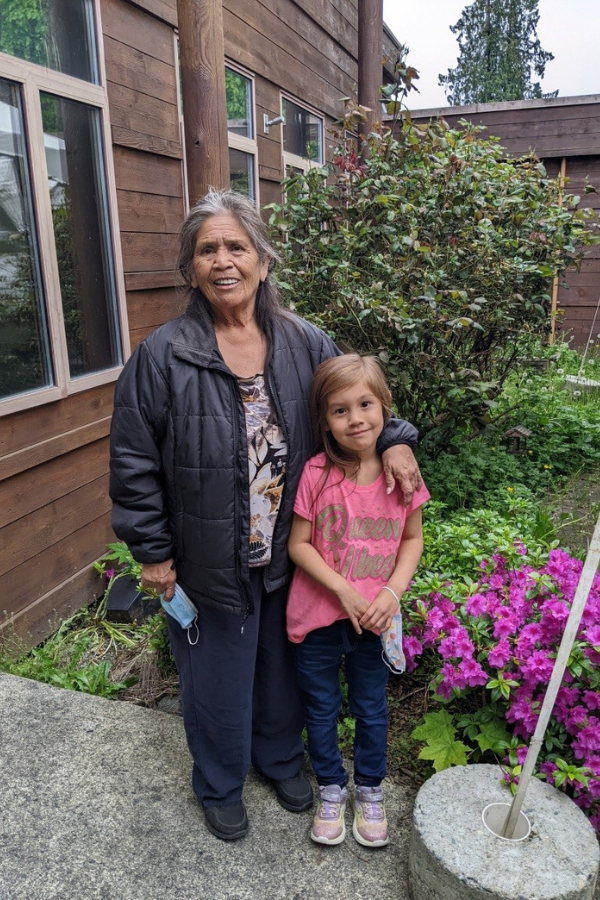
Wanting to know why and how to prevent preterm births, Cowichan Tribes proposed a research project with the First Nations Health Authority (FNHA). Elder Peter agreed to serve as cultural adviser along with another longtime health-care worker, Elder Lydia Seymour, a retired licensed practical nurse who has experience in child development.
Jennifer Murray, then a staff member at the FNHA and a member of its maternal child health committee, helped write a research grant with Cowichan Tribes. Once the research was funded, she pursued a PhD in public health to work with Cowichan Tribes, the largest First Nations band in B.C. This settler of mixed ancestry is now a graduate student with the School of Population and Public Health at the University of British Columbia and works under the supervision of Dr. Patricia Janssen at BC Children’s Hospital. Elder Peter is a member of Murray’s PhD supervisory committee at UBC.
The research is based at Cowichan Tribes and led by Liz Spry, project lead and community health nurse, and Brenda Yuen, research adviser. A research advisory committee, which includes Elders, Cowichan community members and Island Health staff, guides all of the work to ensure the study is community-driven. Elders and community members led a collaborative ethics review on Cowichan Tribes territory with Island Health and FNHA to align with the Cowichan snuw’uy’ulh, or teachings from Elders.
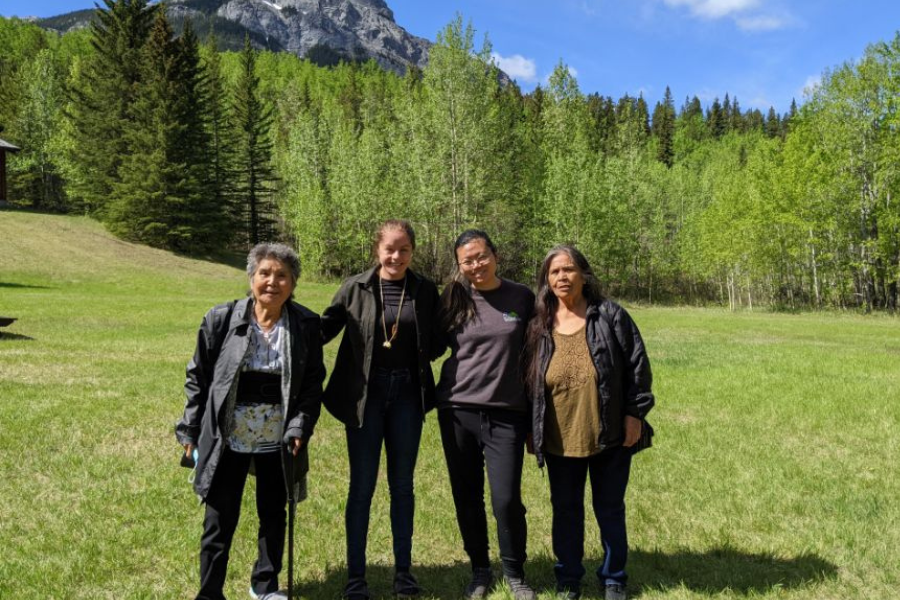
Cowichan Tribes advertised the study on their website and in their monthly newsletter, and Elder Peter and Elder Seymour reached out to mothers about participating in surveys and interviews.
Then the COVID-19 pandemic slowed everything down. Murray found herself helping with COVID-19 vaccines at community clinics — because that’s what the community needed — instead of carrying out research. The delay felt challenging at times, but the research team knew participating in a community-led project meant they needed to pause the research to address the community’s priorities.
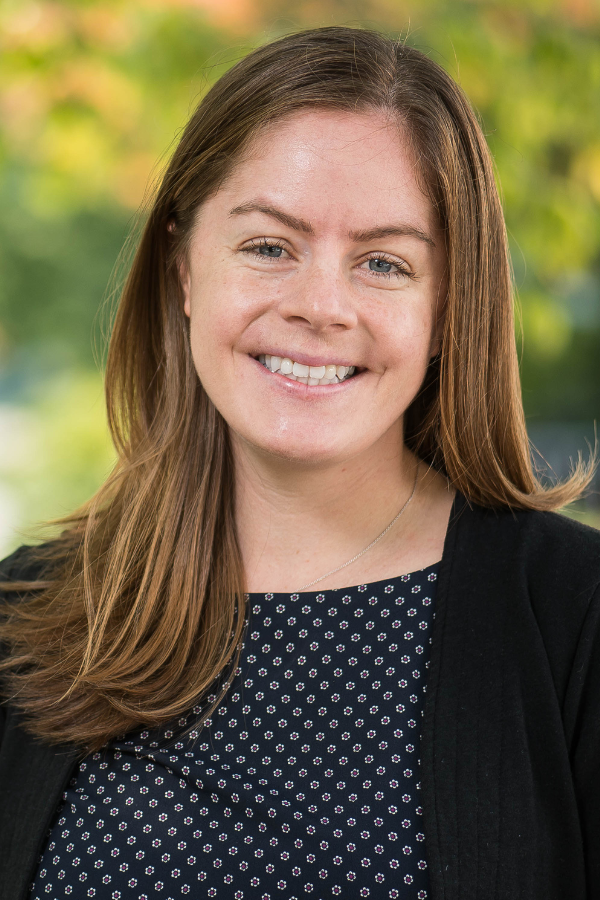
“It’s really easy as researchers to be aggressive and just move your agenda forward, but you always want to make sure you’re checking in, being led by the community and responding and listening to its members,” says Murray.
“Sometimes that can take a lot of time, but you need to be patient and respectful and move with the priorities and commitments of the community.”
Murray and the research team, with the guidance of Cowichan Tribes, have been conducting semi-structured interviews with women in the community and combining their narratives around pregnancy experiences with medical record data.
How to collaborate with Indigenous communities
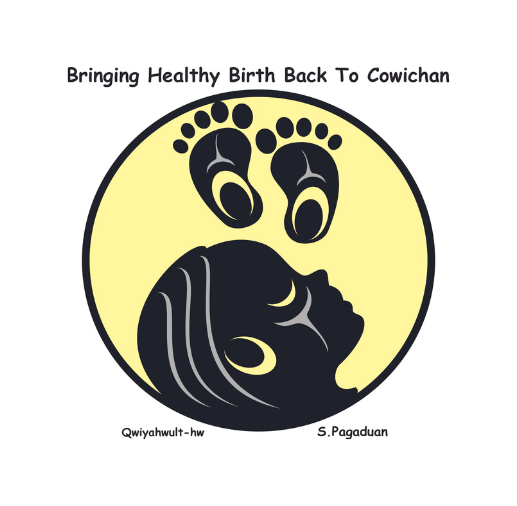
Elder Peter praised Murray for not rushing interviewees. She noted that having Murray at COVID-19 vaccination clinics made her more visible to community members and helped build trust.
“Jennifer has the genuine heart for the subject that she is working with and she worked quite nicely with the community members,” says Elder Peter. “She spent two-and-a-half hours with them. Holy smokes, did she ever reach them.”
Elder Peter guided Murray in setting the right tone for interviews. Participants were offered a drink and a snack — as would be the custom if they visited a community member’s home — and cleansing cedar was placed around the room with tea lights.
Elder Peter says every health centre has a community health representative, and researchers need to work with them to achieve their research goals.
“We’ve had surveys done in a community where we had non-Indigenous people come and they’ll just get stopped at the door, and the door closes and that’s it,” she says.
“You need someone who can introduce you into the community, share what you’re looking for, and then ask for help in getting your goals accomplished — that works a lot better than swooping in.”
Vital findings
The results of the “Far too many preterm births in Cowichan Tribes communities: Generating knowledge to inform service delivery and strengthen motherhood journeys” study have yet to be published, but Elder Peter has learned that some expectant mothers don’t feel comfortable seeking medical care.
Ultimately, she hopes young expectant parents will feel safe accessing help during pregnancy and benefit from the information the study will disseminate about how to ensure healthy pregnancies, births and children in Cowichan.
“Not only are we losing our young babies who are trying to come into this world, but we’re also losing our Elders. It gets scary,” says Elder Peter. “Children are our future to keep us going as people.”
Read more about Jennifer Murray.
Learn more about cultural safety and humility.
Enrol in the San'yas Anti-Racism Indigenous Cultural Safety Training Program.




